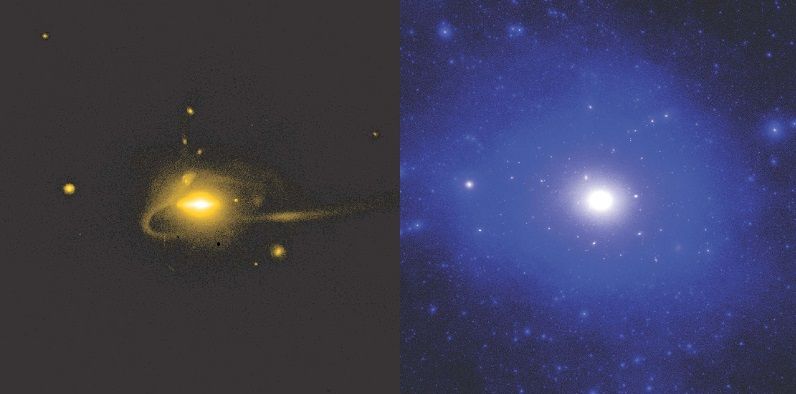Dwarf galaxies are enigmas wrapped in riddles. Although they are the smallest galaxies, they represent some of the biggest mysteries about our universe. While many dwarf galaxies surround our own Milky Way, there seem to be far too few of them compared with standard cosmological models, which raises a lot of questions about the nature of dark matter and its role in galaxy formation.
New theoretical modeling work from Andrew Wetzel, who holds a joint fellowship between Carnegie and Caltech, offers the most accurate predictions to date about the dwarf galaxies in the Milky Way’s neighborhood. Wetzel achieved this by running the highest-resolution and most-detailed simulation ever of a galaxy like our Milky Way. His findings, published by The Astrophysical Journal Letters, help to resolve longstanding debates about how these dwarf galaxies formed.
One of the biggest mysteries of dwarf galaxies has to do with dark matter, which is why scientists are so fascinated by them.
